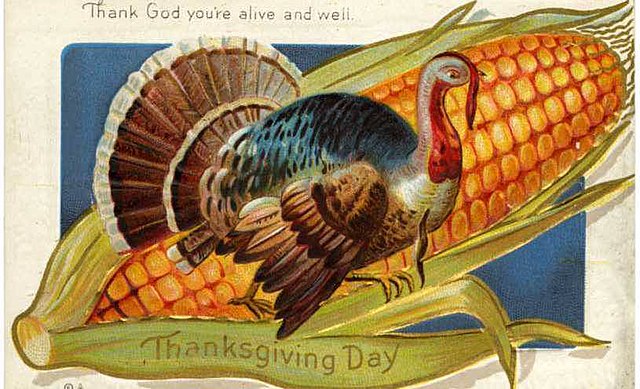Thanksgiving Turkey industry harms both clients and climate
Turkey is a Thanksgiving Day staple, enjoyed by families nationwide. But, the turkey industry has multiple fallbacks some people are unaware of.
November 16, 2022
Turkey is a staple for the American Thanksgiving. It’s large enough to feed your whole family and has both white and red meat for your preferences, but is it good for the environment? With all the attention on climate change and carbon footprints, there isn’t enough attention on simple things in our lives that contribute, one of them being turkeys.
Turkeys are traditionally eaten on Thanksgiving and Christmas, but the carbon emissions from raising, slaughtering, storing, and transporting them around the world are more than most other birds. Studies like “Air Emissions from Tom and Hen Turkey Houses in the Midwest,” by the American Society of Agricultural and Biological Engineers, say that emissions from the industry increase as they transport more turkey to satisfy the demand during holidays.
About 46 million turkeys are eaten each Thanksgiving, 22 million on Christmas, and 19 million turkeys on Easter. Of that many turkeys, almost 200 million pounds of it is wasted, set to be rotting in a landfill or incinerated, which burns 293 million dollars of materials and work with it.
Even before any turkeys are slaughtered and transported, they are treated horribly in the facilities where they live. Facilities have turkeys stuck in small cages waiting to be slaughtered and the “lucky” turkeys that are “cage-free” live on concrete or straw floors, stuck inside.
Due to the cramped nature of places like these, turkeys get stressed and fight often. To combat this, their beaks are seared away, their toes are cut, and they are mutilated in other ways, often without pain relief medication.
Even though turkeys are fed antibiotics, they get infections easily, because they can barely move in their cramped living space and have to live with their waste. Hundreds of thousands of pounds of turkeys have been recalled because infections make the meat dangerous. According to CNN health, in late 2018, Jennie-O had to recall more than 160,000 pounds of raw turkey meat due to a Salmonella outbreak.
You may think that this doesn’t affect you because the meat you have must be clean – after all, it was allowed on store shelves – but diseases can still be inside. Also, processed meats are linked to stomach and colorectal cancers along with heart diseases.
The transport between the barn and the slaughterhouse kills many turkeys too. While in the truck, turkeys are not fed or watered. Their crates aren’t always closed properly and the fast winds and cold temperatures cause some to die of hypothermia. The stress of being in such a tight space also gets to them along with injuries sustained from improper handling.
Turkeys aren’t slaughtered properly all the time either. Most of the time a turkey is supposed to be restrained and have its throat slit and is put into boiling water to loosen feathers. However, a turkey’s throat isn’t always slitted properly, keeping them alive. They are then boiled alive.
Turkeys are sentient animals just like the dogs and cats we take care of in our homes. We may eat turkeys, but that doesn’t give us the right to abuse them like this. The industries giving us the turkey we will eat this Thanksgiving don’t care about the quality of their product as long as it sells well, but why shouldn’t we, the consumers who buy and eat the product, feel the same way?






